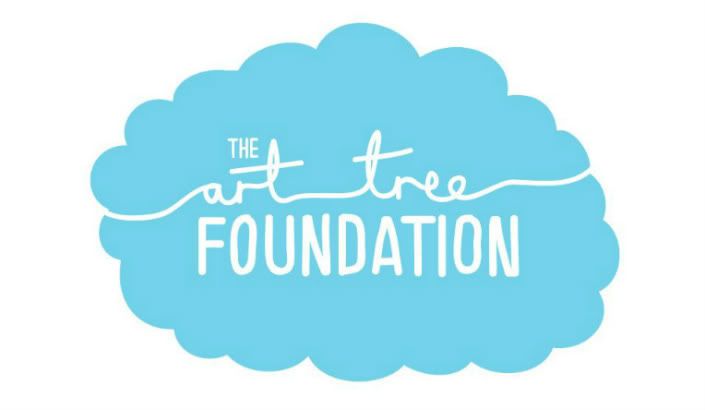Over the last week, the Internet, and indeed the world, has gone ‘KONY 2012’ mad. This video is everywhere, and everyone seems to have an opinion on it. As a non-profit organisation based in Uganda, which has been working with local volunteers and with communities for over four years, we of course have our own views on Joseph Kony and the LRA, as well as a hopefully clearer perspective on how the local communities and the government continue to deal with the effect of his and his army’s actions.
We have been aware of Invisible Children’s work and methodologies for the past few years, and whilst we agree wholeheartedly with the need to bring awareness to many current issues in Central Africa, as this will present the opportunity for much needed international help, the content and message presented in ‘KONY 2012’ is somewhat questionable.
Due to our work in the country, we understand that Joseph Kony has not been active in Uganda since 2006. Although it is imperative that one day this man stands trial for the atrocities he has committed, the fight to capture one man will not bring about the change that is necessary. More is needed than just his arrest. The message to ‘stop’ him, is a message that is more or less guaranteed to bring a path of blood and violence, either in an attempt to capture and kill him, or in a LRA backlash against local civilians.
The message to ‘stop Kony’ by donating to Invisible Children is a difficult monetary issue. Invisible Children has been the target of thorough examination from the international community for spending less than one third of the funds they raise on actual programmes to help affected populations in Uganda.
However, here at The Art-tree Foundation, we're more concerned with the general philosophy of this type of advocacy, rather than the financial issues. Possibly, the unexplored assumptions underpinning the argument for awareness is the most worrying aspect of the film, as they reduce people in conflict situations to two extremely broad categories: evil mass-murderers like Joseph Kony, and passive victims so incapable that they must wait to be saved by the western world. It is implied through the film that the government was ineffective in their attempt to combat the LRA, simply due to a lack of American assistance. No other Ugandans appear offering their thoughts and suggestions in the film, and are portrayed in an incredibly passive role. Even under the most harrowing circumstances, people are endlessly resourceful, and locals always have more intuition and insight into dealing with problems than that of outsiders.
Of course, it is always considered good that people want to help, but ignoring the jurisdiction and rule of local leaders and community activists isn't just arrogant and patronising, it neglects the people who are the most likely to come up with new solutions. This perspective is something we strive against; and we completely agree with the idea that “there’s also something inherently misleading, naive, maybe even dangerous, about the idea of rescuing children or of saving Africa...it hints uncomfortably of the White Man’s Burden” (Blattman, 2012).
This specific concept of gaining awareness creates difficulty. By making it an ultimate aim, awareness stands in for, and perhaps displaces, specific solutions to these very intricate problems. Campaigns that focus on social media, whilst being an important technological force, absorb crucial resources that could go towards, and enforce, a more effective result. How do we go about the process of transforming YouTube page views into a resolved political agreement? How do we move from raising awareness to actually stopping the violence?
Here at The Art-tree Foundation, we believe that peoples energies would be better focused on the need for economic and social change in Uganda. For Okot Patrick, a local government official in the northern, previously war-stricken town of Gulu, the LRA is no longer an issue. “People have more pressing problems such as poverty and diseases,” he stated(Chowdhry, 2012). The fact is, Kony began his war in northern Uganda over twenty years ago, and people have been trying to deal with the consequences ever since. Whilst we agree with the need to take action to finally bring this man to justice, we feel our energy, resources, and financial aid would be better focused on helping the young people and communities directly and indirectly affected by this war. We have to focus our energies to deal with whats left behind, not waste it running after the perpetrator.
The LRA is a problem worth solving, but how to do so is a complicated question with no easy answers. Here at The Art-tree Foundation, our primary objective is to work alongside these communities, attempt to understand their needs, and help them to learn new skills. We want to find out about peoples lives, deal with the current and relevant situations together, and focus on the abundance of talent ever present among these young people.
Melissa Fielding
